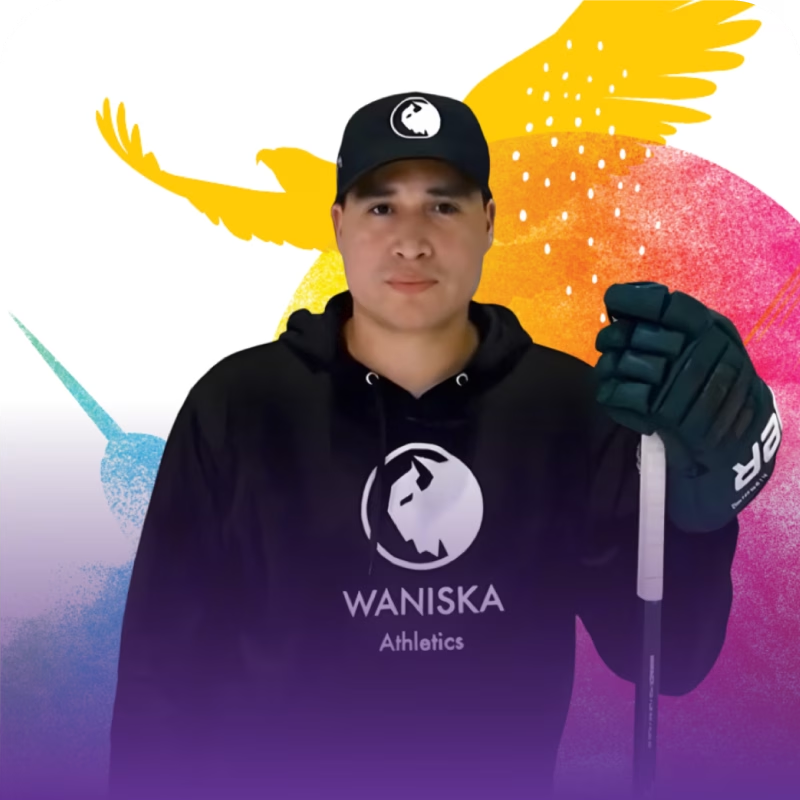When Devin Buffalo arrived at Shad’s McMaster University campus in the summer of 2010, it felt as though his ambitions had been validated. On his program application, he had expressed his desire to follow a career path that would allow him to advocate for his and other Indigenous communities, and his acceptance into the program felt like a meaningful endorsement of those goals.

“I remember writing very passionately in my application, explaining what my interests were and what I wanted to do in terms of advocating for Indigenous peoples in some way. I remember when I saw that envelope in the mail with my acceptance, I was so excited. Not only were my grades good enough to get in, but it felt like my goals were validated too, they were worthy of this prestigious program.”
Devin is incredibly proud of his Indigenous roots. Born on the Samson Cree Nation in Maskwacis, Alberta, he later moved to Wetaskiwin, a small town made up of both Indigenous and non-Indigenous community members. His dad operated a horse ranch where he bred and trained horses for a community wellness program and his mom was a principal at a school on the Reserve. Both of his parents inspired him in different ways, teaching him the value of community and how to be the best version of himself.
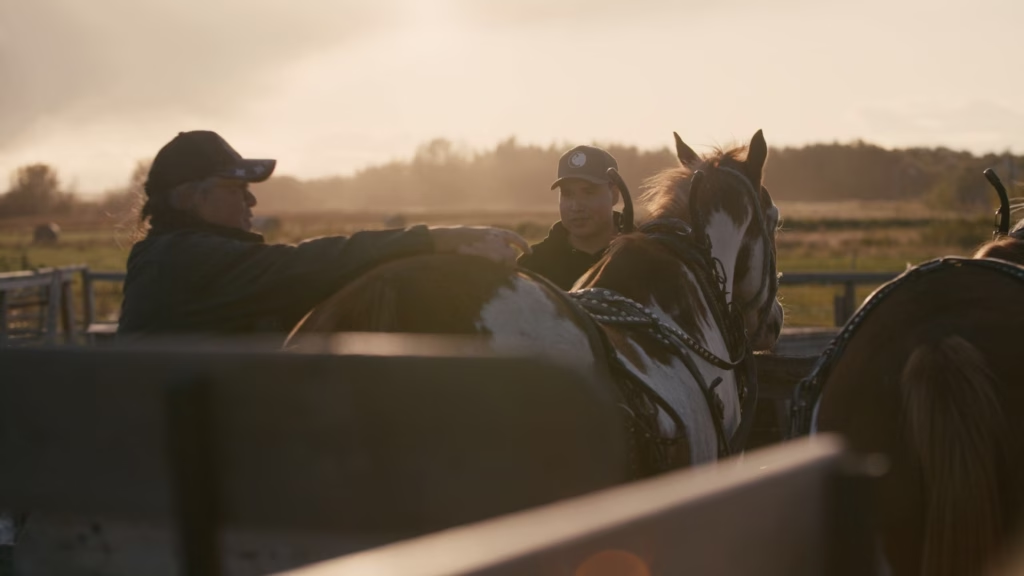
“My dad was a business owner, but he also was an elected member of the Samson Cree Nation Council where he worked to advocate for and lead the community. And my Mom, as a teacher, always instilled in me the importance of education and doing my best. So, from a young age, education and giving back to community was important to me because that’s the example my parents set.”
Though his Mom always encouraged him to be proud of his intelligence and hard work, Devin felt the kids around him at school didn’t always embrace those same values. He felt it was seen as “uncool” to be a good student and often felt himself trying to hide his academic successes. When his school principal suggested he attend Shad and explained the program, Devin was excited by the prospect of both being recognized for his hard work and having the opportunity to spend time with other students who shared his passion for learning.
“At Shad I was with all these smart, ambitious kids from all over Canada. It really broadened my horizons to hear from these other kids and see what they had planned for themselves. It inspired me to broaden my horizons and expect more from myself and what I could do.”
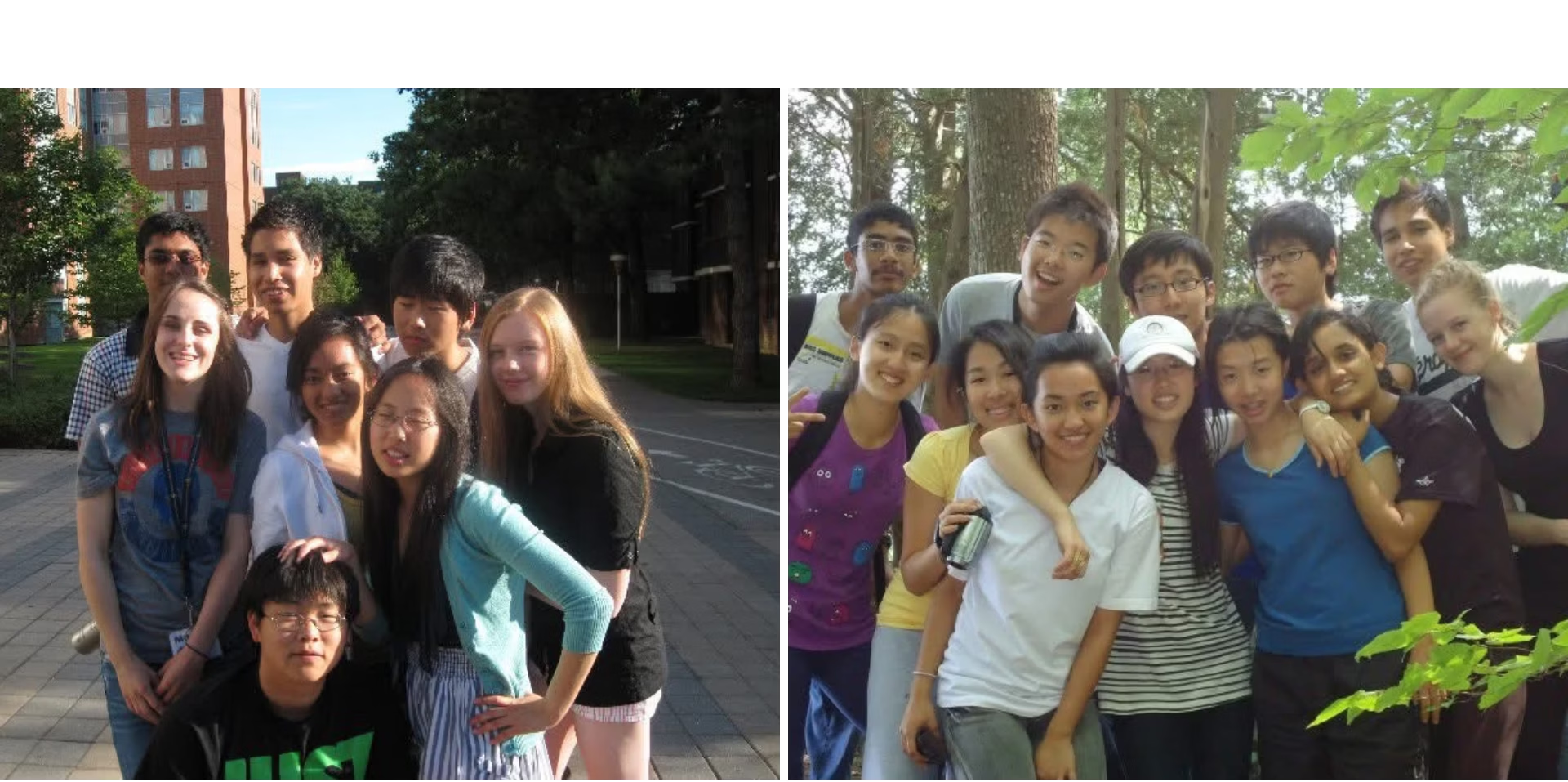
Devin formed a close bond with his Shad Program Director, Kingsley Hurlington, who offered him a level of encouragement and belief in his ability that helped Devin acknowledge his own potential in a way he hadn’t before.
“I remember sitting at a dinner during the program and we were asked what we wanted to do as a career. All the kids around me were saying things like ‘doctor, surgeon, engineer’ and I said ‘doctor’ too, and it was the first time I realized that I could be a doctor if I chose, I could be whatever I wanted to be. The support from my peers and Kingsley really helped me see that in myself.”
Shad also inspired Devin to view his other passion, hockey, as a gateway to an Ivy League university. He was a very skilled goalie and worked his way up through the minor leagues, landing on competitive teams that only accepted the best youth players. Devin chased his dream to a spot on the Flin Flon Bombers, a junior team in Flin Flon, Manitoba, that helps guide the development of its players for leagues like the National Collegiate Athletic Association (NCAA), the league Devin had set his sights on.
“In my second year on the Bombers, Dartmouth College showed interest in me, their coach was talking to my coach. I didn’t know what Dartmouth was, where it was, but I looked it up and it was an Ivy League school, which was my dream. So, I took that offer and finished my junior career and went out to Dartmouth in New Hampshire in 2014 to study and play hockey.”
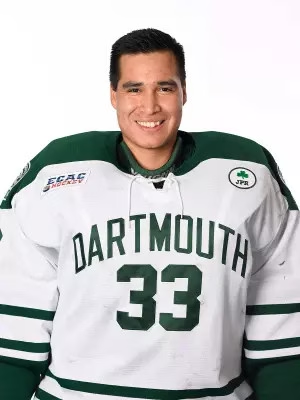
Dartmouth was an incredibly rewarding experience for Devin. In order to remain on the school’s hockey team, he and his teammates were expected to maintain high GPAs by the NCAA, a requirement Devin took seriously. And though it was hockey that brought him to the school, he was just as excited to explore the academic opportunities available there, choosing to study Political Science and Government.
“Dartmouth was just a great learning experience, pushing me to try new things and learn about myself, and continue to raise the bar for myself. The hockey team had a high standard and set a kind of competitive expectation to be a top student. It was a point of pride for the players, and we all aspired to that.”
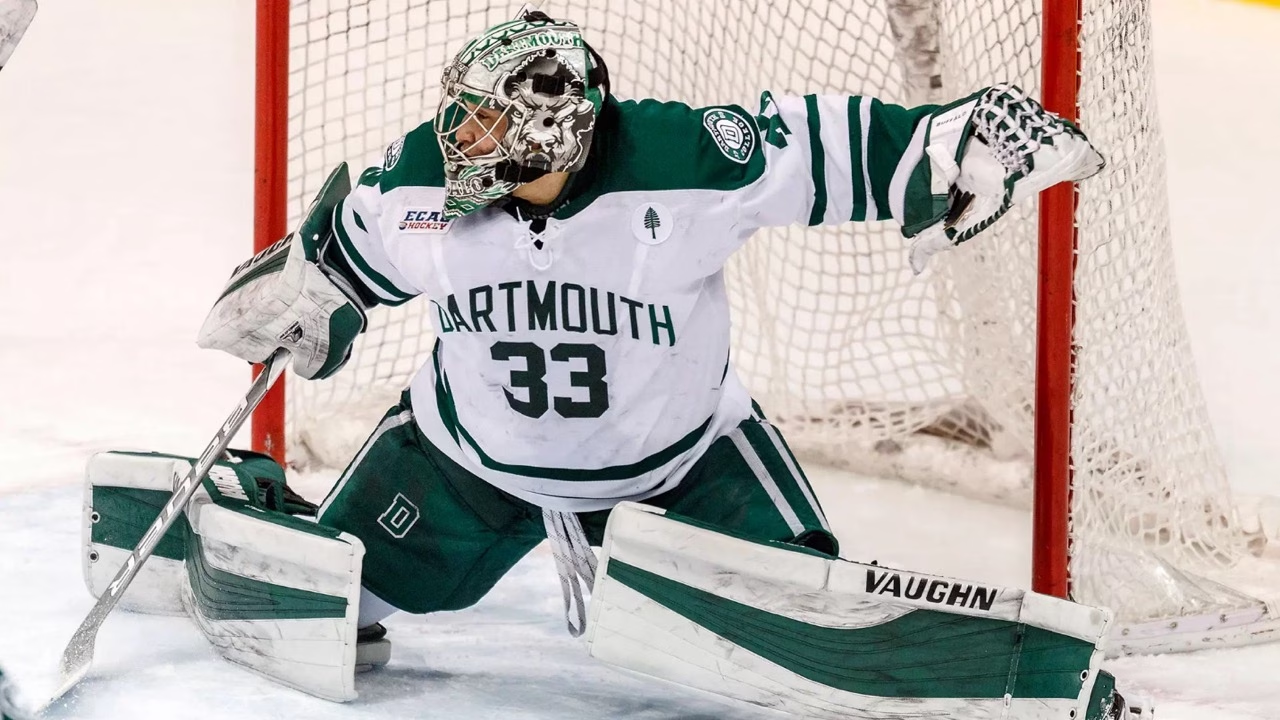
In his third year at Dartmouth, Devin became starting goalie, playing almost every game with the team. As he continued to improve his skills and build his reputation as an athlete playing against some of the league’s top players, he also began to consider what his life would look like after hockey. He thought about his dad’s community leadership and the Indigenous advocacy he saw back home and decided that obtaining his law degree might be the best way for him to help the Indigenous communities he cared so much about.
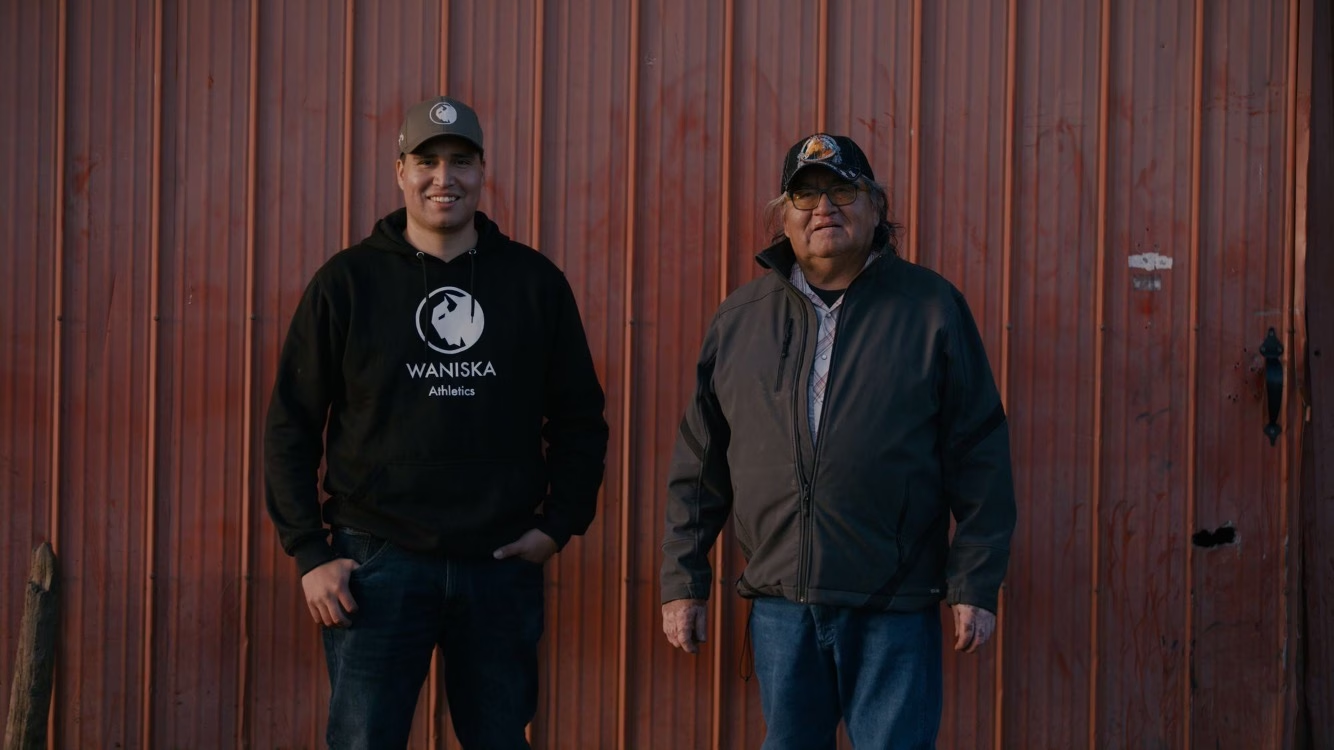
“After graduating from Dartmouth, I played one year of professional hockey in the East Coast Hockey League in the States, but I started to see less opportunities available in hockey. It was always in the back of my mind to go to law school after hockey, and that’s when I decided to make that move. I started applying to law schools and was accepted at the University of Alberta.”
But Devin didn’t wait to be done law school to begin doing what he could for Indigenous youths. As one of the few Indigenous hockey players on most teams he’d been a part of, he was acutely aware of the stereotypes many ascribed to Indigenous athletes and the loneliness and isolation that can impose on Indigenous players. These sometimes-painful experiences motivated his desire to try to dispel those stereotypes through an athletics program he called “Waniska Athletics”, which means “wake up and rise” in his native Cree language. He hopes to empower Indigenous youths through sports and use his platform to share his experiences and raise awareness regarding the damage the stereotypes he encountered can have on Indigenous peoples.
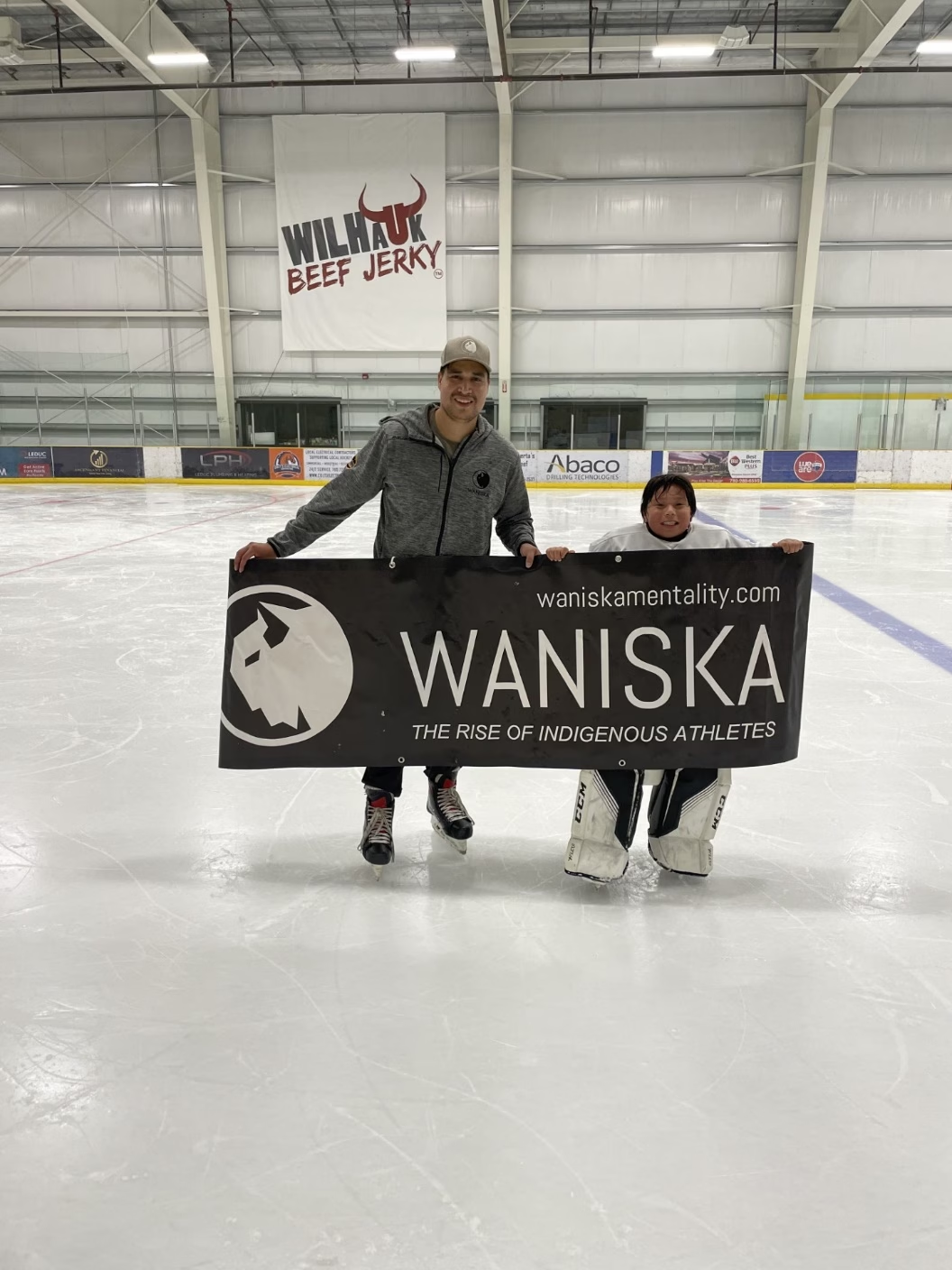
“The name ‘Waniska’ symbolizes two meanings for me. It refers both to waking up for school and hockey in the morning and being productive but also waking up an awareness to push back on Indigenous stereotypes and flipping the script. Through this organization, I’m trying to uplift Indigenous athletes through sports camps and speaking events where I share my experiences and try to open a dialogue to counter the negative stereotypes Indigenous youths encounter in sports and school.”
Though his work through Waniska Athletics is incredibly rewarding, Devin’s desire to elevate the needs and priorities of Indigenous communities hasn’t stopped there. He has finished the in-class work towards his law degree and is now working as a Student at Law with the firm MLT Aikins LLP, which he chose because they have a large area of practice in Aboriginal Law.
“In school, we learned the generalities of Aboriginal Law, certainly on a more conceptual basis, and now in practice I have the opportunity to learn more of the nuances of what it means to advocate for Indigenous peoples and their rights. There are a lot of ways, legally, to help advance Indigenous causes and I’m learning where I can have the most impact.”
Thinking back on the conversations he had with his Dad growing up, learning about the problems affecting Indigenous communities and how they were made worse by the injustices in federal policy, Devin feels gratified to now be in a position to help rectify some of those wrongs, both past and present. He hopes both his legal work and his work with Waniska Athletics can help make a difference in the lives of his Indigenous brothers and sisters across the country.

“I want to provide support for those in my community because I know what a difference support and encouragement can make in shaping someone’s trajectory. Going to Shad really brought me to a place mentally where I saw all these opportunities for myself that I might not have if I hadn’t been supported in pursuing that opportunity. There’s so much talent and possibility within Indigenous communities, I just want to help ensure people have the chance to meet that potential.”
